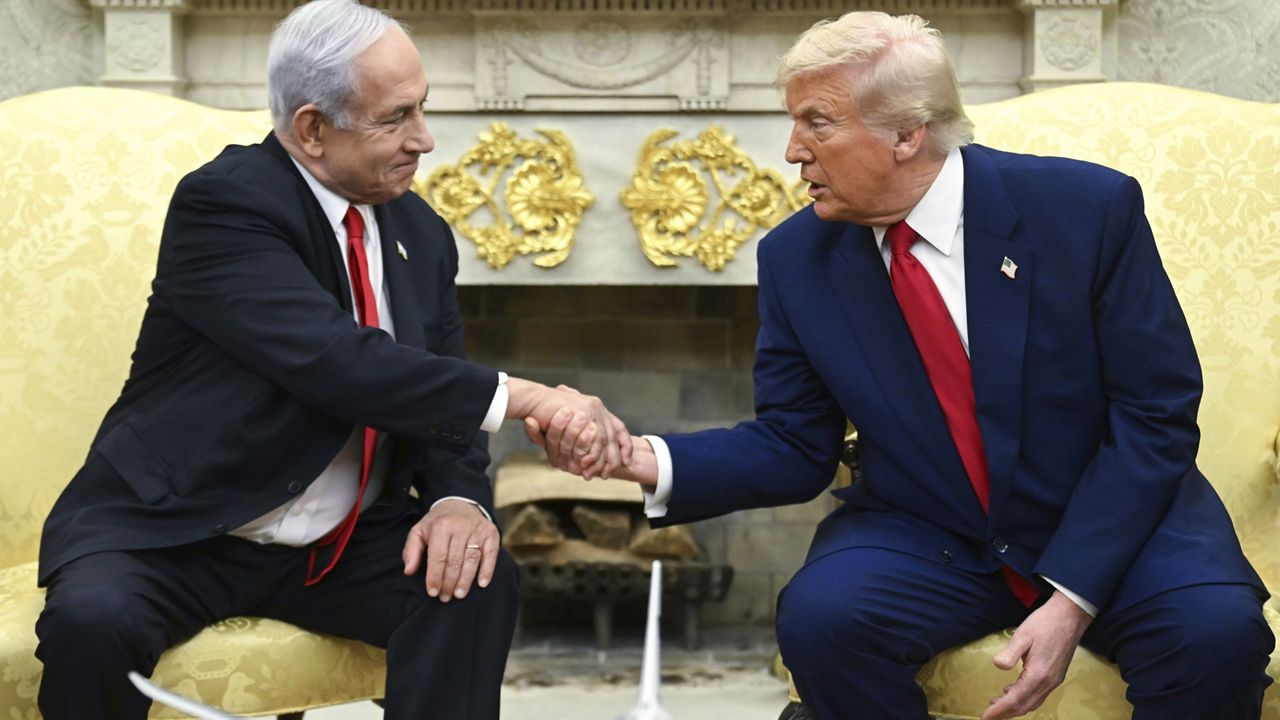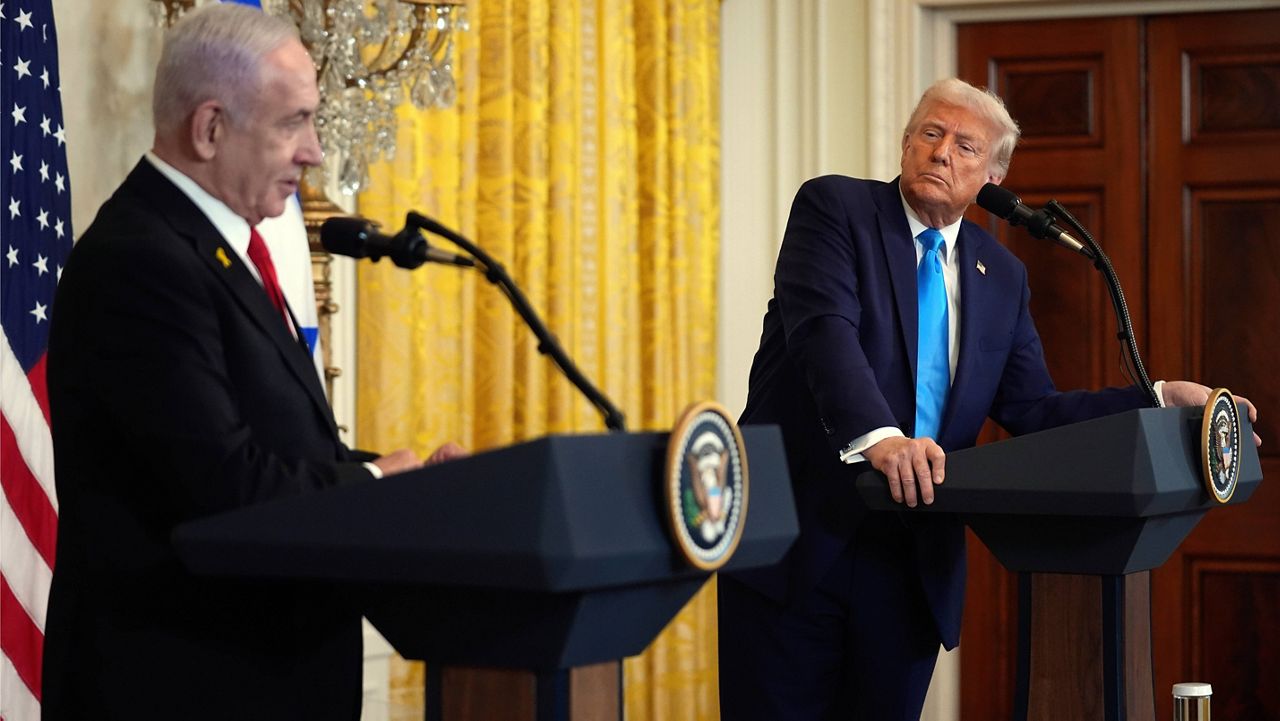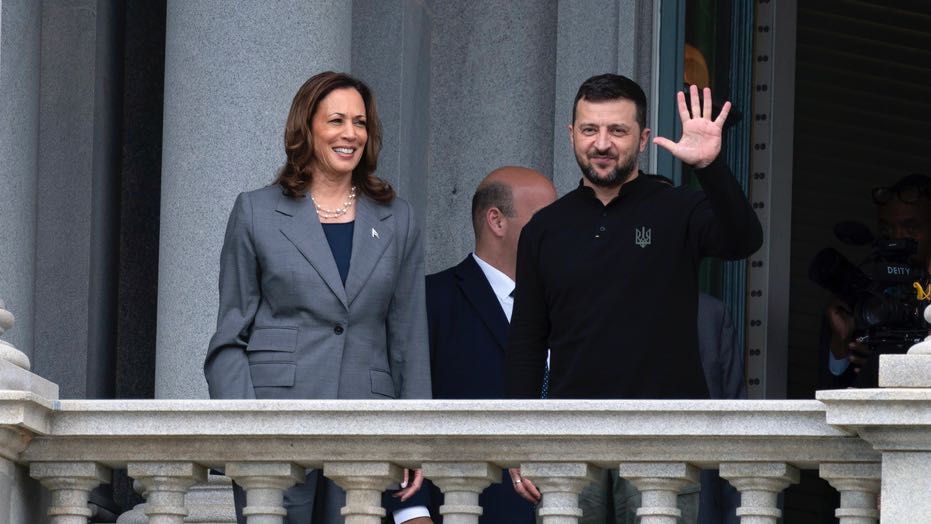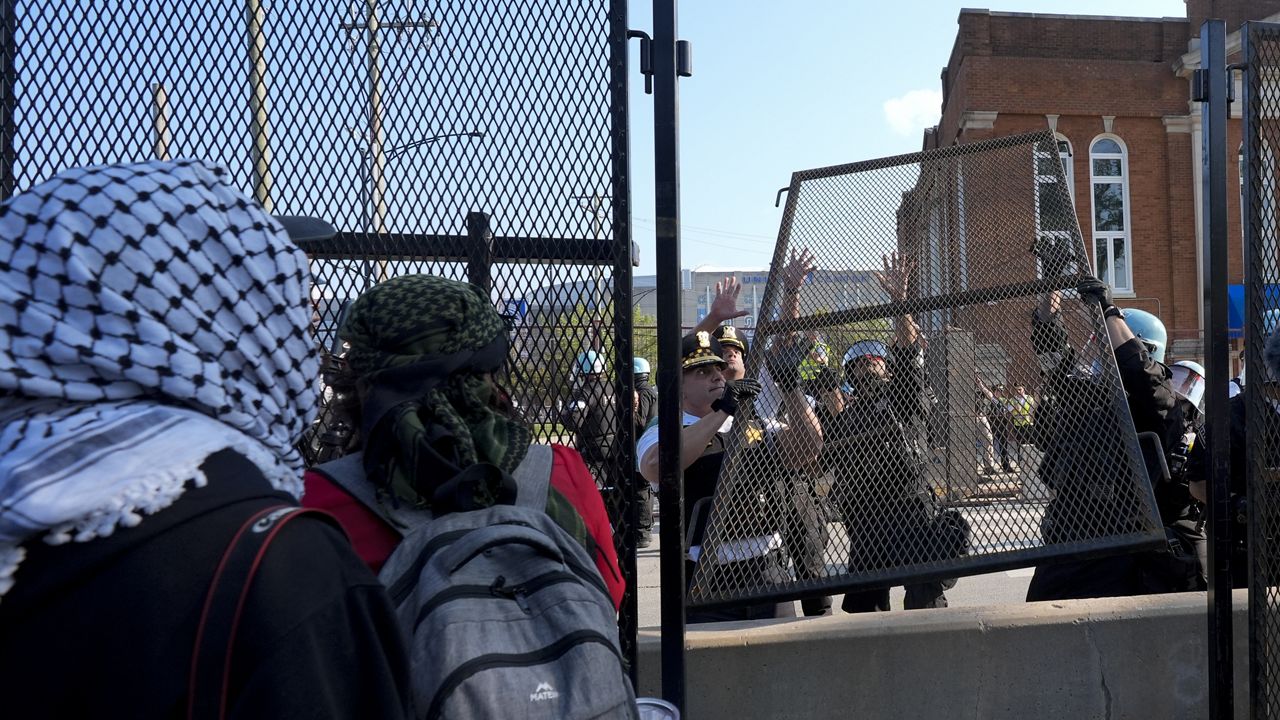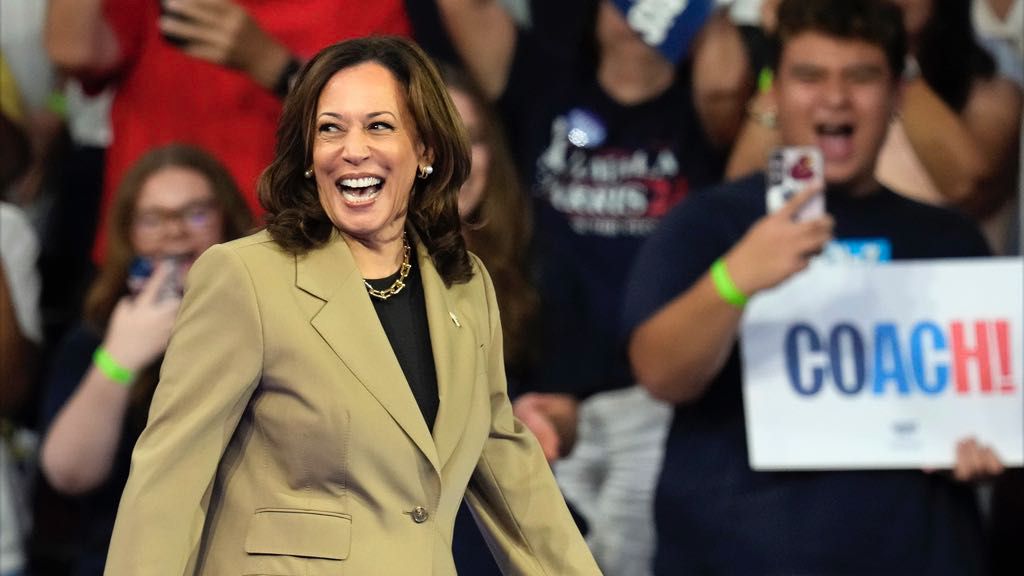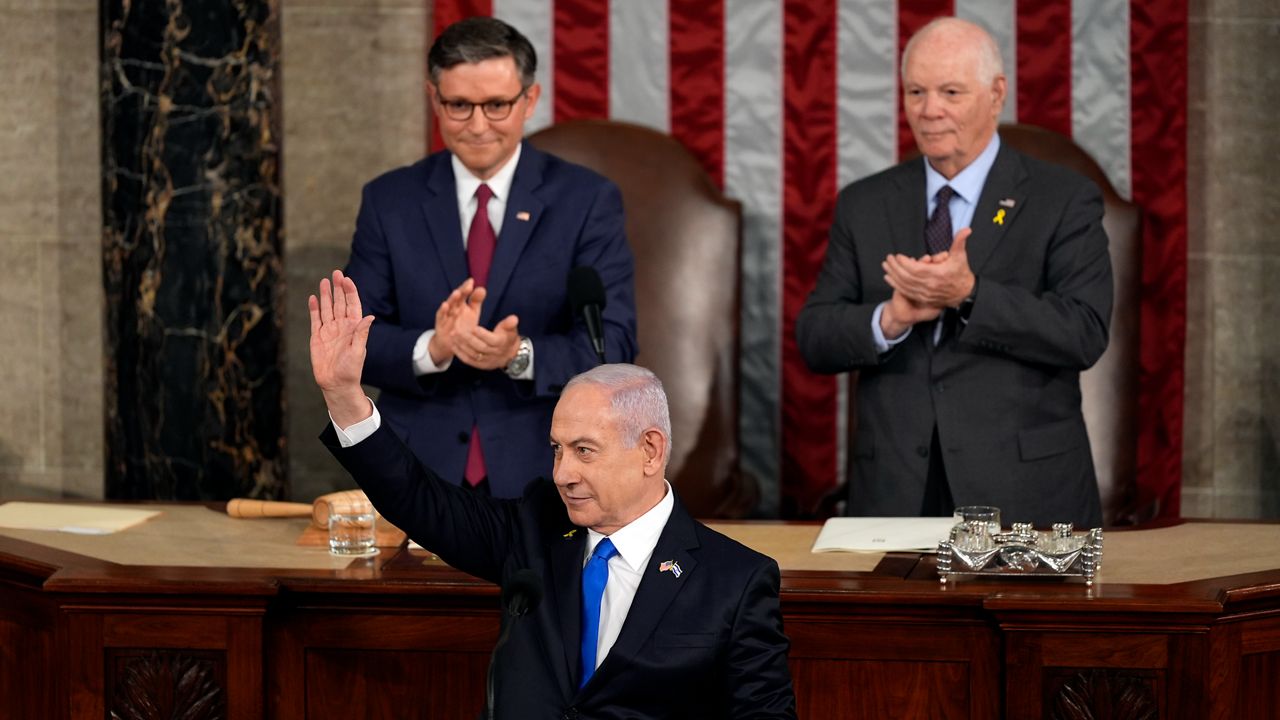WASHINGTON — President Donald Trump used an Oval Office meeting with Israeli Prime Minister Benjamin Netanyahu on Monday to announce that the U.S. is starting direct talks with Iran with a “very big meeting” set to take place on Saturday.
Trump made the unexpected announcement in front of the press at the end of the two leaders’ Oval Office meeting – their second since the U.S. president’s return to office – in which they also discussed tariffs and the war in Gaza.
“I think everybody agrees that doing a deal would be preferable to doing the obvious,” Trump told reporters. “And the obvious is not something that I want to be involved with, or frankly, that Israel wants to be involved with if they can avoid it.”
The president added that Iran would be in “great danger” should the conversations not amount to anything when asked if he would rule out military confrontation.
“Hopefully those talks will be successful and I think it would be in Iran's best interests if they are successful,” the president added.
Trump, who during his first term pulled out of the nuclear deal the U.S. made with Iran during former President Barack Obama’s administration, has looked to take a hard line with Tehran since his return to the White House, releasing a “maximum pressure” plan. He has continued to stress, as he did on Monday, that the country cannot have nuclear weapons. Netanyahu echoed the sentiment.
The 2015 nuclear deal sought to put limitations on Iran’s nuclear program in exchange for sanctions relief.
Last month the president said he wrote to Iran's Supreme Leader Ali Khamenei requesting talks.
The president declined to give further details of the upcoming meeting or conversations more broadly but said they would take place at “almost the highest level” in terms of those involved.
It comes as the administration has sought to crack down on Iranian-backed groups in the region, launching attacks on Houthi targets in Yemen last month in a show of force.
The Israeli leader’s visit makes Netanyahu – who was the first foreign leader to sit down with Trump at the White House in his second term – also the first to have the U.S. president’s ear in person since his announcement of sweeping tariffs on countries around the globe. The highly anticipated dramatic shift in U.S. trade policy has sent global markets tumbling and left tensions emphasized on the world stage.
Netanyahu pledged Israel – which was hit with a 17% tariff despite its move to lift all tariffs on U.S. goods imported into the country just before Trump’s announcement last week – would “eliminate” the trade deficit between the countries and consequently the tariffs “very quickly.”
“We are going to eliminate the tariffs and rapidly,” said Netanyahu.
The U.S. trade deficit with Israel amounted to $7.4 billion in 2024, according to the Office of the U.S. Trade Representative.
For his part, Trump was noncommittal in front of reporters on whether he may lower the rate on America’s Middle East ally but touted that “many countries that are coming to negotiate deals” as a result of his new fees.
"We're going to get fair deals and good deals with every country and if we don't, we're going to have nothing to do with them,” Trump said. “They're not going to be allowed to participate in the United States.”
Asked about the confusion that had spiraled over the weekend around whether the new tariffs were up for negotiation, Trump hedged.
“They can both be true,” he responded. “There can be permanent tariffs, and there can also be negotiations because there are things that we need beyond tariffs.”
He said, however, that he was not looking at putting pause on the tariffs going into effect this week to allow for negotiations.
Meanwhile, Netanyahu said that he was working, with help from the U.S., on another deal to secure the release of remaining hostages weeks after the latest ceasefire between Israel and Hamas came to an end.
Trump – who announced his shocking plan to have the U.S. control the Gaza Strip during his Israeli counterpart’s February visit to Washington – reiterated the sentiment. He called Gaza an “incredible piece of important real estate.”
“Having a peace force like the United States there controlling and owning the Gaza Strip would be a good thing,” Trump said.
At the same time, Trump said there are other concepts for the future of Gaza he likes as well.
Ahead of his sit-down with Trump, while in Washington, the Israeli leader met with Commerce Secretary Howard Lutnick and U.S. Trade Representative Jamieson Greer, presumably to speak about tariffs and separately with Middle East envoy Steve Witkoff.
Trump and Netanyahu were set to hold a press conference in the East Room on Monday but it was scrapped and the pair just took questions in the Oval Office instead.






